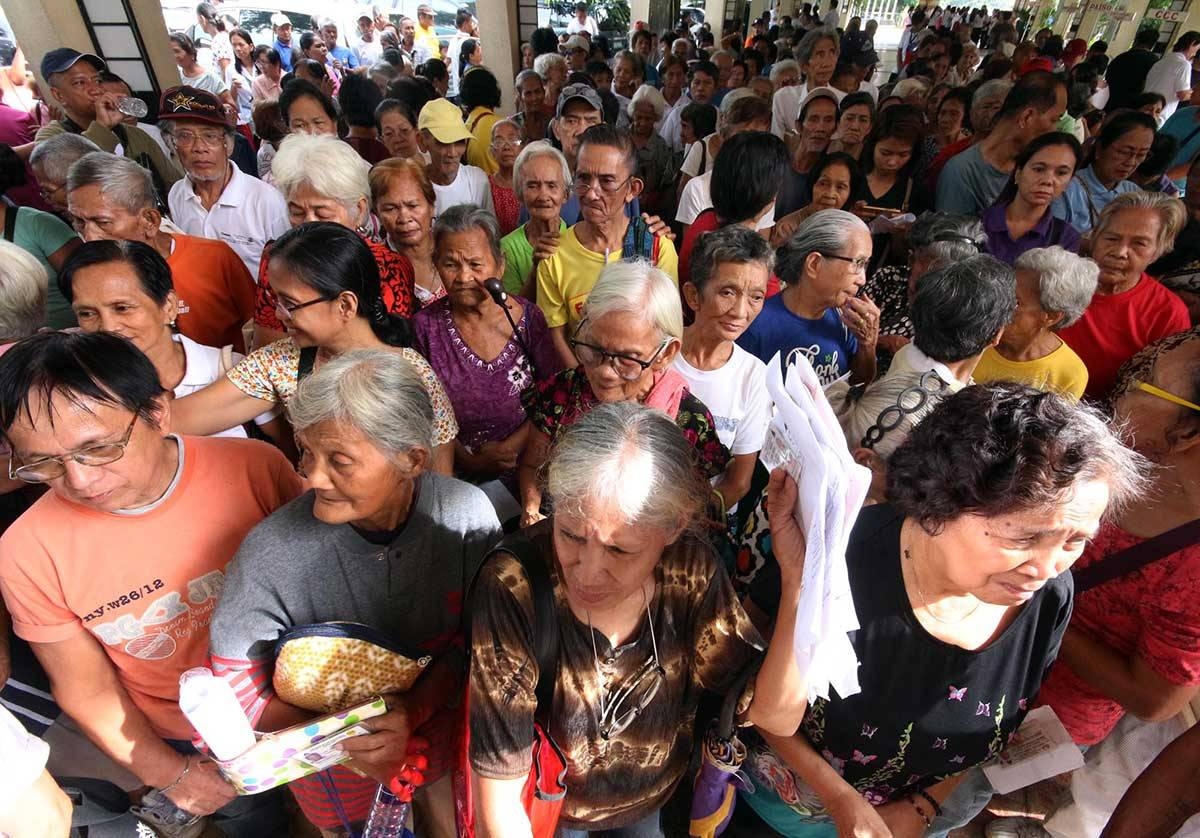The issue of social welfare for senior citizens in the Philippines has been a topic of discussion in recent times. In a bid to address the needs of this vulnerable group, UNITED Senior Citizens party-list Rep. Milagros Aquino-Magsaysay has emphasized the importance of extending the monthly social pension program to all senior citizens across the country.
Rep. Aquino-Magsaysay expressed her hope that the proposal would gain traction and be implemented soon. She revealed that discussions with Speaker Martin Romualdez had taken place and the House Committee on Appropriations had identified funding for the program. Highlighting the widespread demand for this initiative, she stated, “this is really the clamor of all senior citizens.”
The existing legislation, Republic Act 9994, commonly known as the “Expanded Senior Citizens Act of 2010,” currently provides indigent senior citizens with a monthly stipend of P500 to assist with their daily subsistence and medical needs. However, with the passage of Republic Act 11916 on July 30, 2022, the monthly social pension for indigent senior citizens was increased to P1,000.
Recognizing the need to further expand the coverage of the pension program, the House committee on senior citizens approved the consolidation of bills on November 8, 2022. This move aims to encompass a broader range of senior citizens, ensuring that more individuals can benefit from the program.
In a related development, the House of Representatives has initiated an investigation into reports of certain establishments denying senior citizens and persons with disabilities the discounts mandated by law. Speaker Romualdez, in a statement, assured the public that those entitled to these privileges would receive them. He further emphasized that entities failing to comply with the law would be exposed and compelled to fulfill their obligations, with the possibility of facing legal consequences.
The push for an expanded social pension program for senior citizens is a significant step towards ensuring inclusive welfare in the Philippines. By providing a monthly stipend, the government aims to alleviate the financial burdens faced by senior citizens, particularly those from low-income backgrounds. This program not only enables them to meet their daily subsistence needs but also helps cover essential medical expenses.
Moreover, extending the social pension program to all senior citizens demonstrates the government’s commitment to promoting equity and inclusivity. By recognizing the diverse needs and circumstances of senior citizens, regardless of their socioeconomic status, the government acknowledges the valuable contributions made by this demographic and seeks to ensure their well-being in their twilight years.
It is crucial to contextualize this issue for an international audience. In the Philippines, senior citizens hold a revered position in society, with strong cultural values emphasizing respect for the elderly. The social pension program aligns with these values by providing financial support to senior citizens, acknowledging their lifelong contributions and the challenges they may face in their later years.
In conclusion, the efforts to expand the social pension program for senior citizens in the Philippines reflect a progressive approach towards inclusive welfare. By increasing the monthly stipend and broadening the coverage, the government aims to uplift the lives of senior citizens, ensuring their financial security and well-being. As investigations into non-compliance with senior citizen discounts continue, the government remains committed to upholding the rights and privileges of this esteemed group. Through these initiatives, the Philippines strives to create a society that values and supports its senior citizens, fostering a culture of inclusivity and respect for all.







